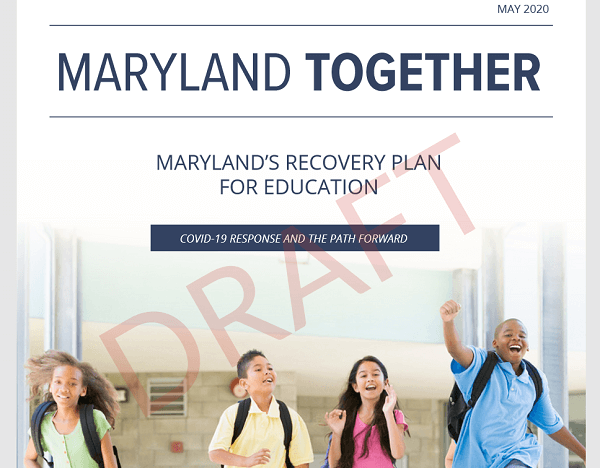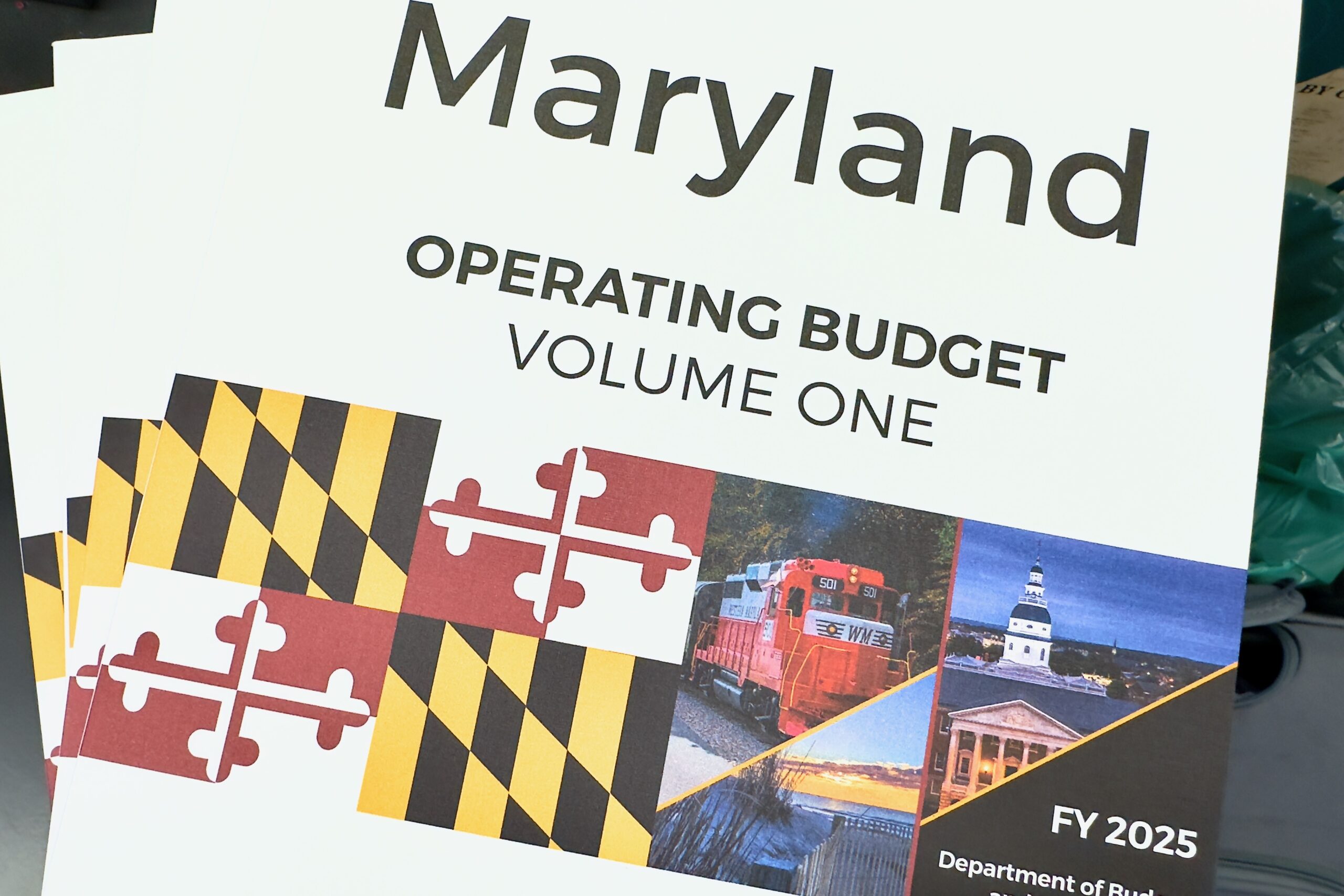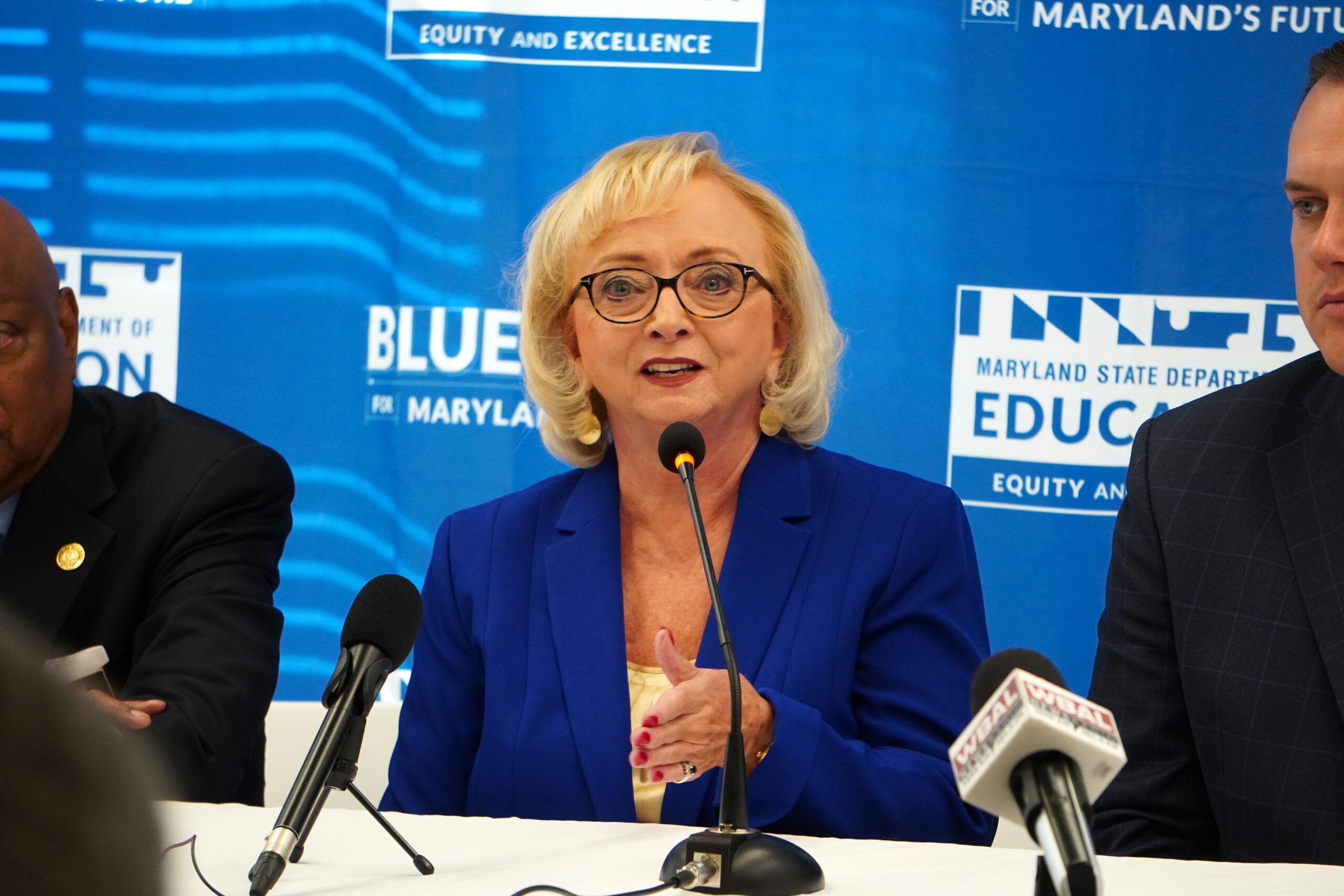
There is a looming fatal flaw in the Maryland State Department of Education recovery plan for public schools during the coronavirus crisis. It is the inability or unwillingness of MSDE to provide strong leadership and direction to local school districts.
A recent editorial in The Sun characterized the plan as long on broad options and short on specific guidance. At the same time, as Maryland Matters has reported, MSDE is coming under criticism for refusing to share district-by-district information on distance-learning disparities, especially the impact on poor and minority students. Advocacy groups are frustrated by MSDE’s lack of transparency throughout the planning process.
In fairness, under the best of plans, MSDE and local schools have incredibly difficult challenges. And yet, history shows us – as documented by the Kirwan Commission – that MSDE has been a major stumbling block in our state’s efforts to improve public schools. MSDE has been especially weak and ineffectual in providing strong guidance such as evidence-based best practices and models, and in holding schools accountable for using them.
What accounts for MSDE’s failings, and what can be done to remedy them? The relationship between state and local educators is tense. Local control has long been a watchword in our nation’s K-12 policies. Individual schools and their principals should have wide latitude in hiring and deploying staff and managing classroom instruction and school security and climate. But the pendulum swings too far when schools are left to go their own ways and fail to implement evidence-based best practices.
In medicine, if doctors don’t follow research on best treatments, it’s called malpractice. In public education, too often it’s called professional autonomy.
And so, MSDE’s paramount tasks are to ensure that schools do in fact follow the research, align that research with best practice models, provide technical assistance, and monitor and evaluate implementation. MSDE has fallen far short on these tasks in the past.
Its feeble record prompted the Kirwan Commission’s recommendation, enacted in the Blueprint for Maryland’s Future legislation vetoed by Gov. Larry Hogan, for an unprecedented Accountability and Implementation Board that would, in effect, put pressure on MSDE to raise its game.
In the COVID-19 aftermath, this requires more than the worthy generalities in the MSDE recovery plan. A notable example: The plan laudably suggests one-on-one or small-group tutoring. But which tutoring programs are best supported by research, and how much instructional time is required? With what priorities — hopefully on the earliest grades and literacy in particular? Since almost all students have fallen behind, which should be first in line for any available interventions?
And what models can and should MSDE offer as to how to incorporate the tutoring amidst the uncertain mix of hours and instructional formats, including in-class and long-distance?
It is more urgent than ever that we hold MSDE accountable for its current and past failures to provide this level of support. There are two main obstacles to be overcome: capacity and political backbone. The capacity means sufficient skilled staff to carry out the guidance and monitoring. It is generally recognized that MSDE has been understaffed; unfortunately, this can’t be remedied here and now.
Still, MSDE could do better with its current capacity if it stiffened its institutional spine. It has been unwilling or unable to be very tough in confronting the resistance of local school systems to state regulation. It has often pulled its punches in exercising its authority.
Local educators now prefer the status quo. State elected officials, subject to local pressures, have usually sided with them. And there is always the danger of state overreach. But striking a balance between state authority and local control is not as hard as it is perceived. Local educators will actually welcome stronger state guidance on coronavirus recovery (as well as post-recovery reforms in the Blueprint), even if it’s binding, if it makes good sense and is aligned with reasonable expectations.
The opportunity is ripe for MSDE to rise to the challenge. The COVID-19 school crisis can be the impetus for immediate and lasting change in how the state fulfills its duty to provide our children with the education we owe them.
— KALMAN R. HETTLEMAN
The writer is a member of the Maryland Commission on Innovation and Excellence in Education – the Kirwan Commission — a former Baltimore City School Board member, a former deputy mayor of Baltimore and a former Maryland secretary of Human Resources.
Did someone forward this to you?
Get your own daily morning news roundup in your inbox. Free. Sign up here.




 Creative Commons Attribution
Creative Commons Attribution